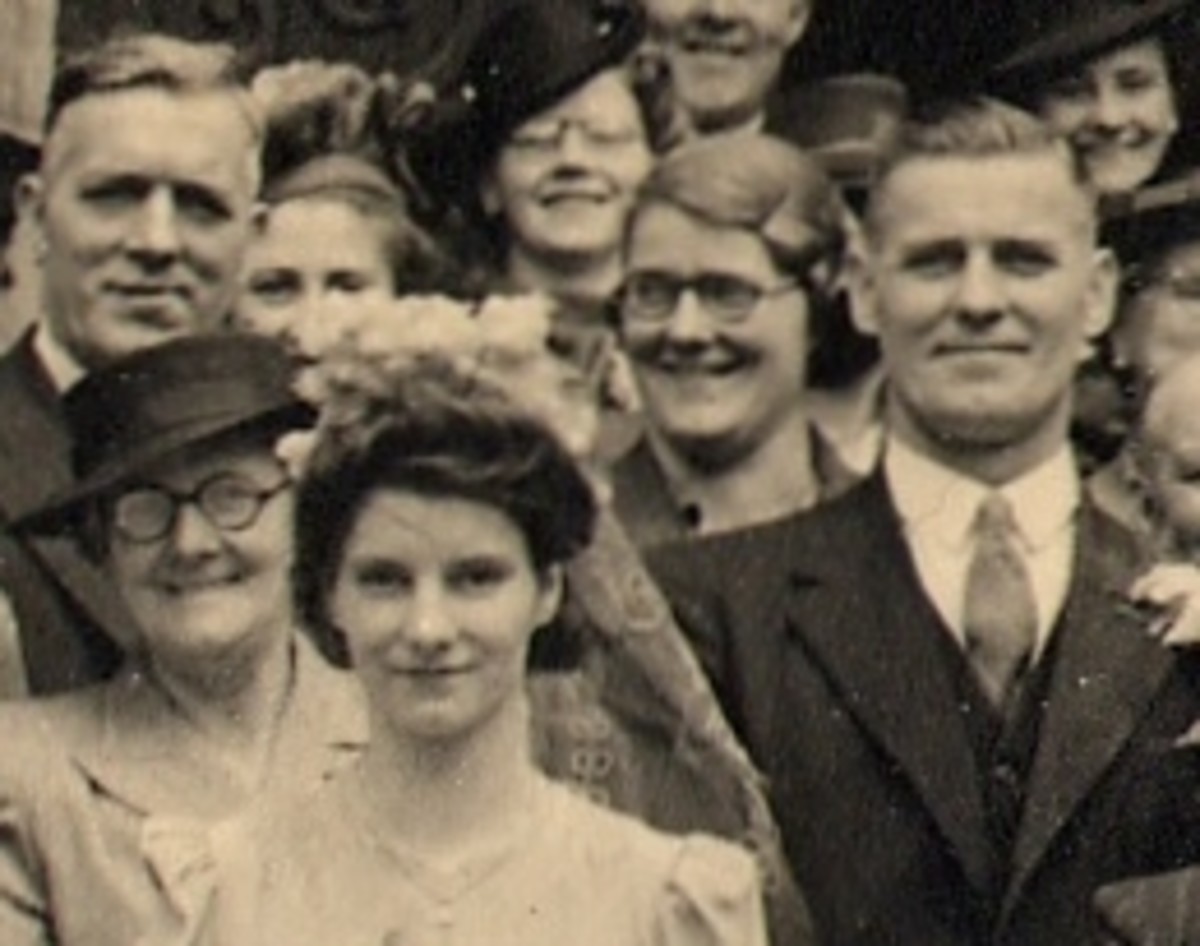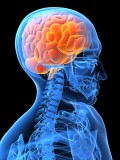Improve Your Thinking Skills with Brain Games
Are You at the Top of Your Thinking Game?
Most people I know--people aged 40 and better--feel that they've lost some of their minds' sharpness over the years. Many experts cite the peak of mental ability to be anywhere from ages 18 to 25. The Seattle Longitudinal Study, begun in 1956 and continuing today, finds that those numbers are hogwash and poppycock (okay, that's not exactly how they said it, but that's what they meant.)
To the contrary, such cognitive skills as perceptual speed, spatial orientation, verbal and numeric abilities and verbal memory come together at a peak between ages 53 to 60 years of age.
January 2012 Update: A comprehensive study of more than 7,000 people, reported in the British Medical Journal concludes that cognitive decline begins earlier than has been accepted for decades. Cognitive decline may begin as early as age 40.
Boost Your Brain Power
Related Hubs on Memory, Thinking and Brain Games
A Personal Story
Having been a nurse for twenty-some years, I decided at age 40 to go to college to get a much-desired bachelor's degree. I had the same anxieties as any new student, but was also concerned I might not still possess the study and learning skills of my younger years.
I was happily surprised that I was not only able to keep up with the young students, but was able to grasp theory concepts and apply them to real-life situations. I observed that my life experiences added something to the learning that those kids fresh out of high school did not yet have.
I'm proud to say I maintained a 4.0 average while also working full-time. Am I a genius? Nope, just a person with an average IQ and a motivated learner. I did find that my reading comprehension was not as sharp as in earlier years, so I developed new methods to overcome this issue.
The point is, I think, that we should not sell ourselves short at any age. I was fortunate to meet an 85-year-old man who, at that age, finally realized his lifelong dream of earning his Ph.D. Your goal may not include a college degree--you may simply want to remain mentally intact and sharp--and that's attainable also. It's important to believe in your abilities and not give up or give in to naysayers.
January 2012 Update: Research on Effect of Brain Games on Cognitive Loss
A small but important study reported at PLoSOne.org concluded that even in the short term (15 minutes, 5 days a week for 4 weeks), brain games such as the Nintendo video game Brains Age, can lead to improvement in cognitive functions in older adults including increases in decision-making and thought processing speed.
More research will need to be done to determine if these results are one-of-a-kind or a replicable, but the implications of this one study are hopeful. It could mean that some loss of cognitive skills, in the absence of disease, could be reversed with tools such as brain games.
Scientific Findings
This is where I'd like to be able to discuss a fair number of clinical studies that demonstrate beyond a shadow of a doubt that keeping your mind active can delay or prevent dementia or Alzheimer's disease. Unfortunately, no such data exists.
First of all, dementia is not a normal part of aging. Dementia occurs in some people and not in others as they age. There is no current method for knowing who will and who won't be likely to have dementia. This means no method of scientific study can say whether or not any activity or inactivity lead to the cause or prevention of the condition.
Alzheimer's disease is even trickier in that it can't truly be officially diagnosed until after death, and then only if an autopsy of the brain is performed. Here again, because science currently can't predict with any accuracy as to who will or will not have the condition in the future, there is no way to measure prevention or cause.
One finding that researchers came upon recently was that regular, moderate physical activity seems to prevent early onset of dementia symptoms. The thinking is that instead of a physically active person going through the months or years of subtle dementia symptoms, they will skip those years and instead experience full dementia.
Again, this is a theory, but if researchers are correct, being physically active may allow you to experience more time with a good quality of life before dementia occurs. Truthfully, it isn't likely you will know that should it occur. Regular physical activity has been shown to be part of a healthy lifestyle, keeping many of your body systems in their best condition, so why not your brain? Even if your cognitive skills don't get a boost from exercise, other parts of your body will and it can even aid in reducing depression and improving self-image.
Brain Training Basics
IQ Boost Game for Ipod Touch and IPhone
Brain Games and Other Things
There are so many ways to challenge your mind: from reading to writing, from crossword puzzles to sudoku, from attending classes to teaching classes. What you do doesn't have to be a formal "brain game," although many of those are available from the Internet, to phone applications, to books. Rub your tummy and pat your head at the same time--or vice versa--see if that doesn't work your mind!
Socialization is important to staving off depression and cognitive losses. You don't need to be a social butterfly to benefit from socialization, but it is important to feel you have a few people with whom you can be yourself and chitchat about life.
Learn a new game or skill such as woodworking or a craft of some kind. Watch educational television. (Regular, entertainment television for the most part causes little brain wave activity.) Join a card club or bowling league. Volunteer for a local organization or school.
You could pick up an instrument you used to play and renew your skills--or learn to play a new instrument. Read maps. Balance your checkbook without a calculator. Learn a new language or teach English in an "English as a second language" class. Learn to draw or paint.
These are jumping off points for you to consider and create your own individualized plan for keeping the gray matter working. There are no guarantees that any or all of these things will prevent any future conditions, but I do believe your quality of life will be enhanced.
Resources
- Education and dementia -- Orrell and Sahakian 310 (6985): 951 -- bmj.com
- Computer Brain Games Unlikely to Improve Thinking, Memory - AARP Bulletin
If you've never been drawn to those computer games designed to train your brainimprove your memory and make you think quickeryou now have a great excuse to forget about them. - Why You're Only Getting Better with Age | PickTheBrain | Motivation and Self Improvement
a guide to healthy and long living









